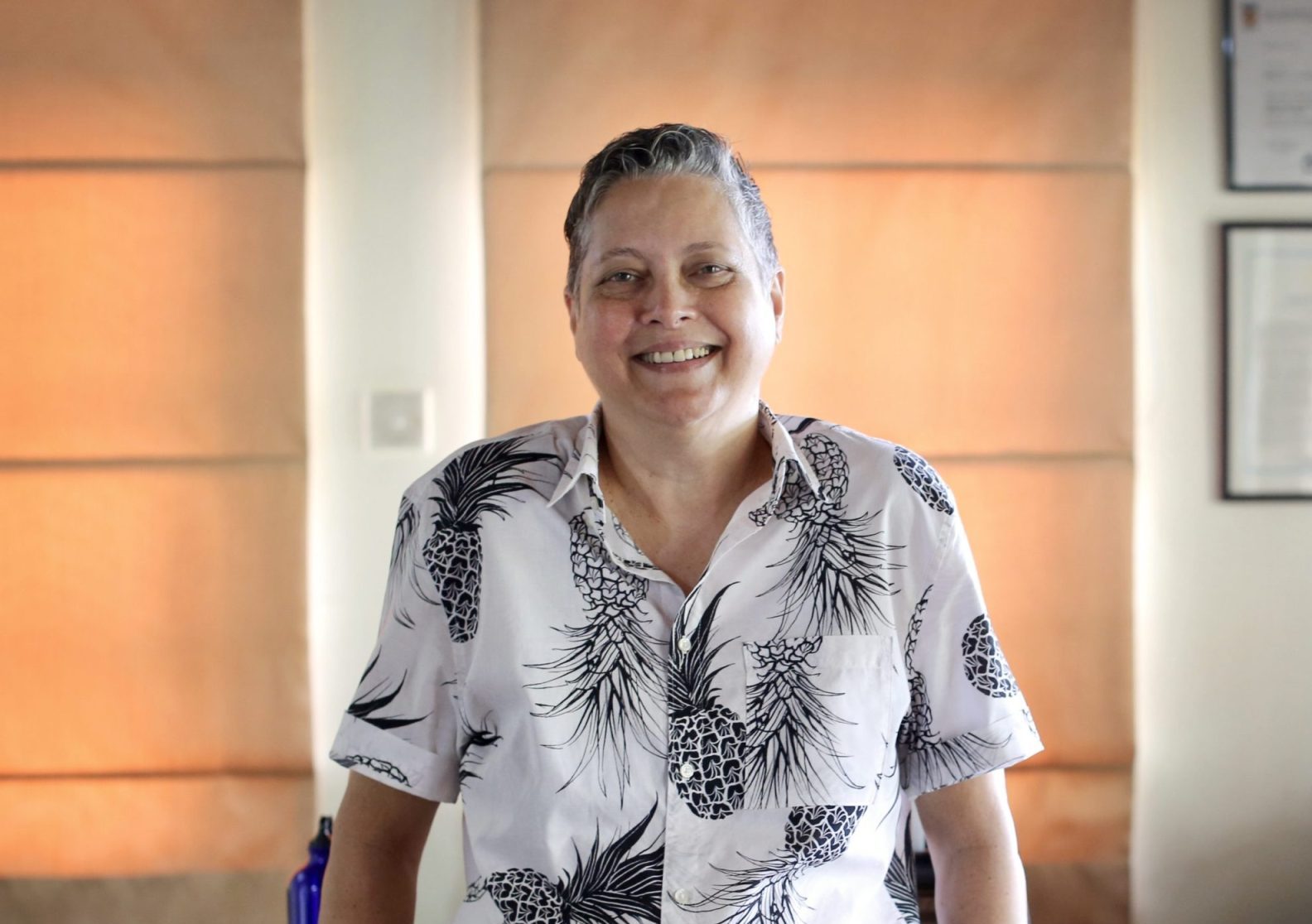
UN committee upholds rights of lesbian and bisexual women
On 23rd of March 2022, the UN women’s rights committee decided that the criminalisation of consensual, same-sex intimacy between women is a human rights violation, a finding that affects millions of lesbian and bisexual women.
The decision followed an individual petition brought by Rosanna Flamer-Caldera, a lesbian and the executive director of EQUAL GROUND, the main LGBT organisation in Sri Lanka, with the support of SRT grantee Human Dignity Trust. The Committee found that the criminalisation of lesbian and bisexual women violates the UN Convention on the Elimination of All Forms of Discrimination against Women (CEDAW). An international treaty adopted in 1979 by the United Nations General Assembly, CEDAW is seen as an international bill of rights for women and an agenda for action by countries to guarantee the enjoyment of those rights, with the vast majority of UN member states being bound by it.
In Sri Lanka, and around the world, many lesbian and bisexual women are subjected to forced marriages, conversion therapy, physical abuse, shame and alienation from their families and communities. The CEDAW Committee found that Sri Lankan authorities had subjected Flamer-Caldera to gender-based discrimination and violence, and had failed to take adequate measures to respect and protect her right to a life free from gender-based violence, or to eliminate the prejudices to which she has been exposed as a woman, lesbian and activist. They also found that the authorities have breached her right to access to justice, since the criminal law constrains her ability to complain of abuses, and urged the authorities to cease harassment and abuse of Flamer-Calder and EQUAL GROUND so that they could carry out their work safely and freely.
The Committee went one step further and urged Sri Lanka to decriminalise same-sex sexual activity. Today, there are 71 jurisdictions around the world that still criminalise private, consensual sexual activity between same-sex couples. Of these jurisdictions, 43 criminalise same-sex activity between women. Even where women are not specifically criminalised, lesbians and bisexual women are often arrested or threatened with arrest under such laws and harassed by police.
“Legal provisions that criminalise lesbian, gay, bisexual and transgender people put them beyond the protection of the law, fostering an environment of fear and violence,” noted Téa Braun, chief executive officer of Human Dignity Trust in a video commenting on the decision. “This is one more step towards protecting all women from discrimination.”
In the Human Dignity Trust video, Flamer-Caldera said, “The laws will be repealed because a decision like this coming down from the UN is something that the government cannot sweep under the carpet anymore.”
Steve Letsike, South African feminist and executive director of Access Chapter 2, also speaking in the video, said, “We are here to see that the next generation does not suffer from what we have gone through. This is one step closer to the inevitable freedom of all LGBT people.”
Return to grantee stories
